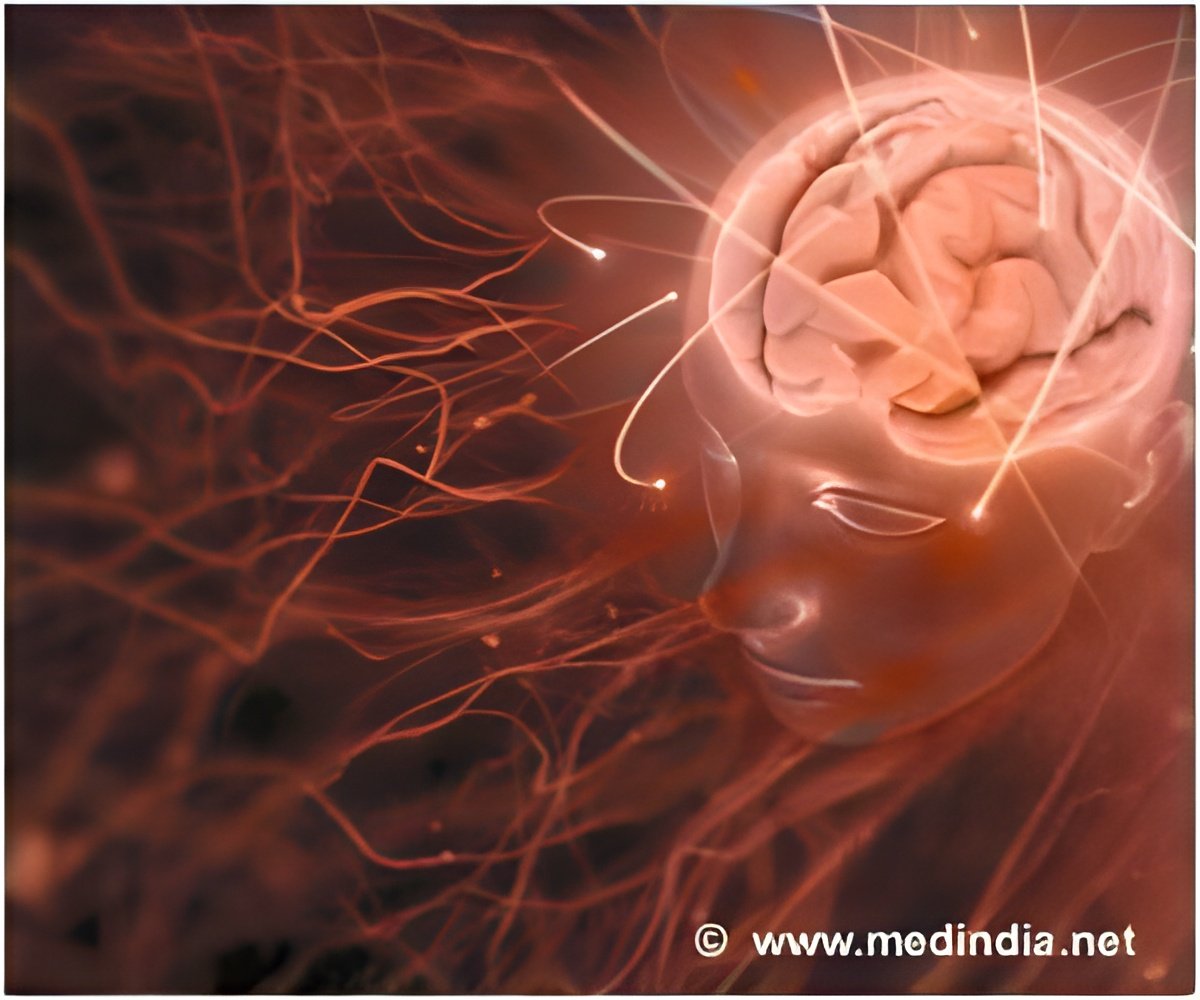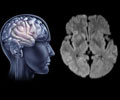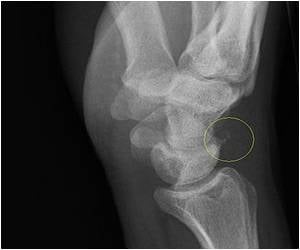Autophagy opens up possible new options for the development of therapeutic and preventive approaches for neurodegenerative diseases.

The researchers were able to show that the complex plays an important role in autophagy, a physiological process that breaks down cellular proteins and organelles. This insight opens up possible new options for the development of therapeutic and preventive approaches for neurodegenerative diseases.
Autophagy could be excessive or damaged organelles, such as mitochondria, invading pathogens, such as viruses or bacteria, or cytoplasmic macromolecules.
Autophagy serves on the one hand for the recycling of the building blocks of cells and the provision of energy, but is also activated specifically in stress situations.
The research group discovered that the RAB3GAP complex promotes the formation of autophagic vesicles. These are bubble-like structures with a lipid shell that envelop the substrates to be degraded.
The autophagic vesicles then fuse with lysosomes, simple cell organelles, which contain digestive enzymes that break down the substrates into their component parts.
Advertisement
Source-Medindia









